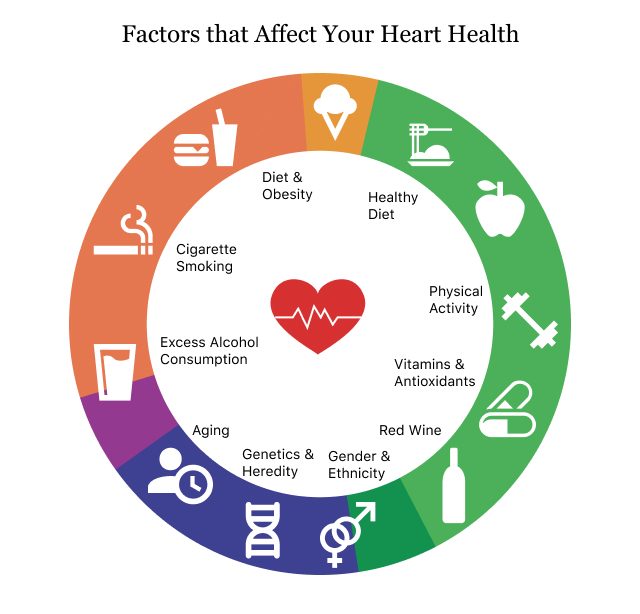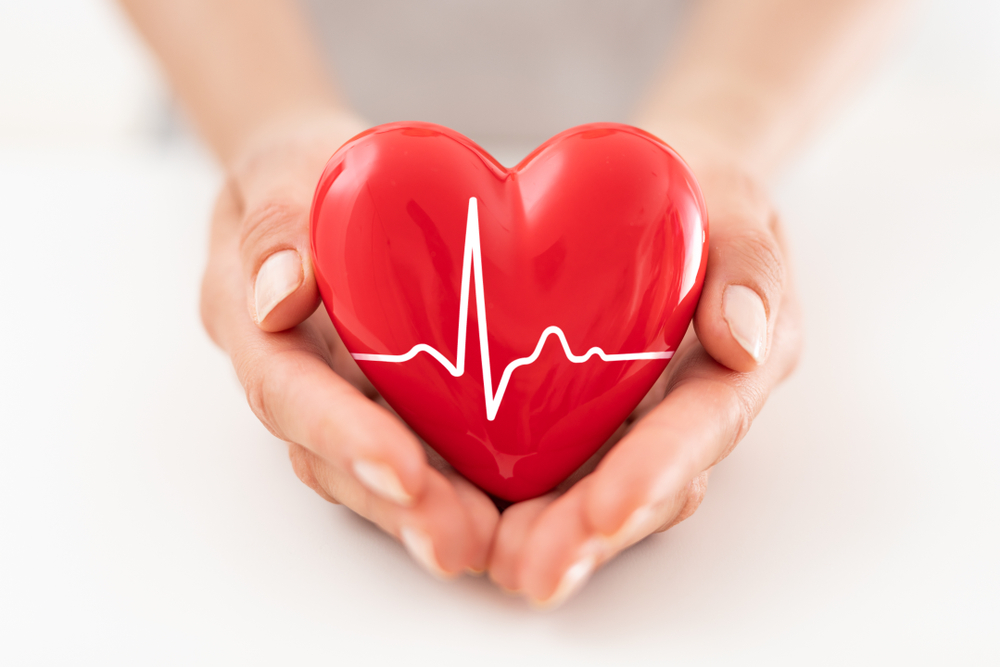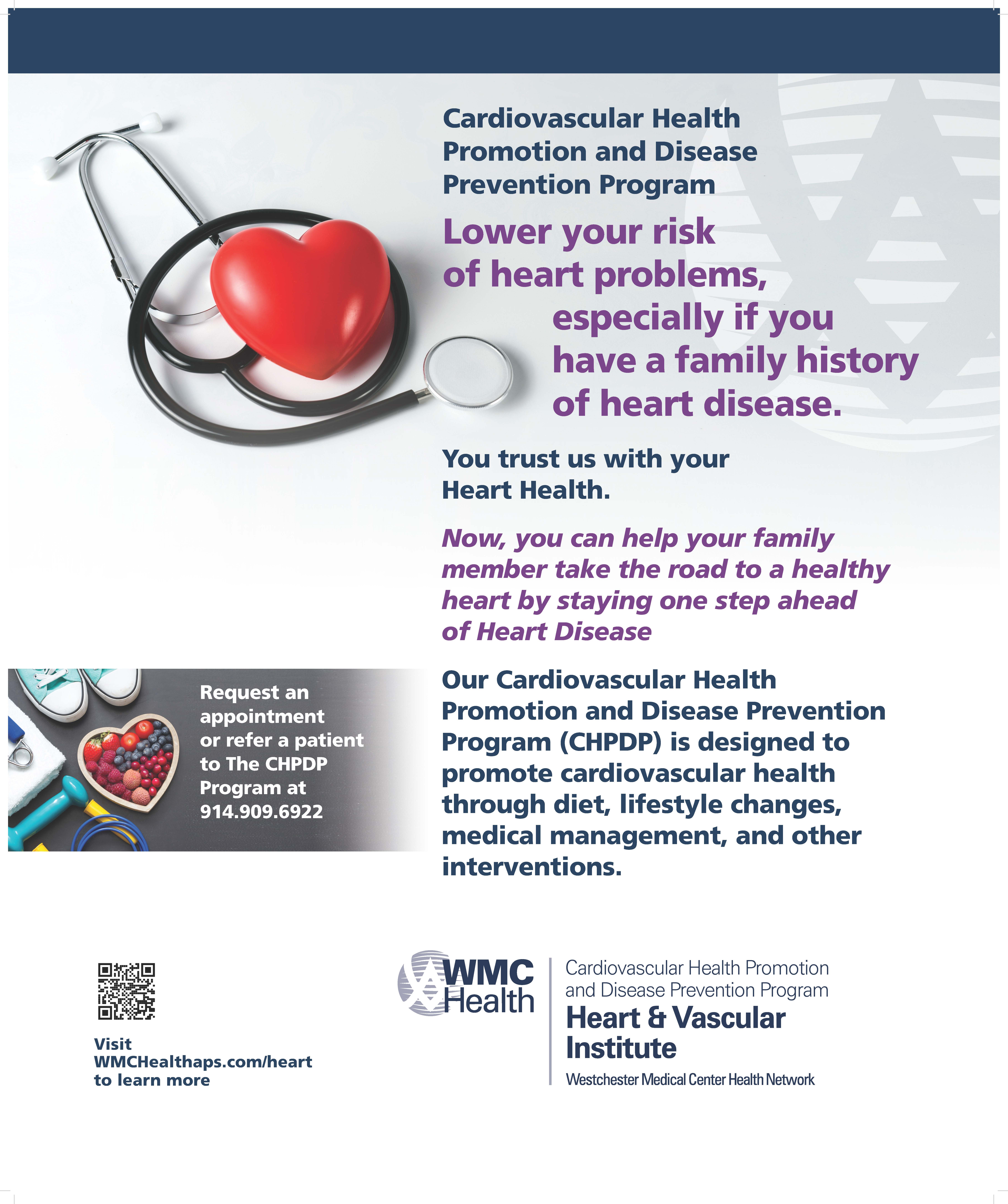Cardiovascular Health: Secrets to a Stronger Heart
- Update Time : Friday, October 25, 2024

Cardiovascular health refers to the efficient functioning of the heart and blood vessels. Maintaining it is critical for overall well-being and longevity.
The heart, a vital organ, works tirelessly to pump blood throughout the body, delivering oxygen and nutrients to tissues and organs. Blood vessels, comprising arteries, veins, and capillaries, form an extensive network, ensuring this life-sustaining circulation. A healthy cardiovascular system is essential for preventing heart disease, stroke, and other related conditions.
Emphasizing regular exercise, a balanced diet, and stress management contributes significantly to cardiovascular fitness. Early detection and management of risk factors like hypertension, high cholesterol, and diabetes are fundamental to maintaining heart health. Encouraging a proactive approach to cardiovascular care can lead to a longer, healthier life.
The Heart’s Function And Importance
The heart is a crucial muscle, tirelessly pumping blood. This circulation delivers oxygen and nutrients to the body. Its four chambers, the left and right atria and ventricles, work in harmony. Proper heart function ensures vital organs receive the blood they need. Heart health is essential for overall well-being.
Heart health impacts energy levels and physical abilities. A healthy heart aids in preventing diseases and maintaining an active lifestyle. The heart’s condition affects how we feel daily. Taking care of our heart is taking care of our life.
Risk Factors For Heart Disease
Your heart health is influenced by various factors. Genetics play a crucial role. A family history of heart disease increases your risk. Yet, it’s not just about genes. Lifestyle choices significantly impact heart health. Regular exercise and a balanced diet are key. Smoking and excessive alcohol use can harm your heart. Managing stress is also important for a healthy heart. Always consult with a healthcare provider for personalized advice.
Symptoms And Early Warning Signs
Heart trouble can show in many ways. Chest discomfort is a common sign. This might feel like pressure or a squeezing pain. Shortness of breath is another key warning. This can happen when you are active or at rest. Feeling unusually tired for no reason is also a sign. Do not ignore these symptoms.
It’s important to know when to seek medical advice. If chest pain is sudden and severe, get help right away. This is true even if it goes away and comes back. Irregular heartbeats that feel odd should also be checked. If you feel dizzy or faint, tell a doctor. These could be signs of heart trouble. Taking action early can save lives.

Credit: www.drugwatch.com
Diet And Nutrition For Heart Health
Superfoods for Cardiovascular Strength boost heart health. Berries, nuts, and green leafy vegetables stand out. They are rich in antioxidants, vitamins, and minerals. Eating these foods helps lower blood pressure and improve blood flow.
Foods to Avoid include processed meats, refined carbohydrates, and sugary drinks. These can increase heart disease risk. It’s best to limit these in your diet for a healthier heart.
Exercise And Its Benefits To The Heart
Regular exercise strengthens the heart, ensuring effective blood pumping. Heart health benefits significantly from physical activities like walking, jogging, and swimming. These cardio exercises lower the risk of heart diseases. Cycling and rowing are also great for the heart. A mix of these activities can keep exercise fun and engaging.
Building an exercise routine requires consistency and enjoyment. Starting with shorter sessions can help. Gradually, one can increase the duration and intensity. It’s vital to pick activities that are enjoyable to ensure they become a regular part of life. This approach leads to a lasting exercise habit, promoting enduring heart health.

Credit: www.medanta.org
Stress Management And Emotional Well-being
Stress directly impacts heart health. High stress levels can lead to elevated blood pressure and heart rate. This strain on the body may increase the risk of heart disease. Recognizing and managing stress is crucial for maintaining a healthy heart.
- Deep breathing exercises promote relaxation.
- Regular physical activity helps reduce stress hormones.
- Adequate sleep is essential for stress recovery.
- Mindfulness and meditation can improve emotional well-being.
- Connecting with friends and family offers social support.
Preventive Measures And Regular Screenings
Regular check-ups maintain heart health and prevent disease. Seeing a doctor often helps catch issues early. Early detection means better treatment options.
Advancements in technology offer new ways to monitor heart health. Wearable devices can now track heart rate and rhythm. This makes observing cardiovascular changes easier. Patients and doctors get timely data for swift action.
Tales Of Recovery And Hope
Survivor stories often highlight the importance of support systems. Friends, family, and support groups play a big role. Many survivors share how these networks helped them heal. They talk about feeling stronger with love and support around them. Some say, support was like a shield against fear. Others mention specific moments where support made all the difference. These stories remind us we’re not alone. They show the power of coming together to overcome challenges.
Advancements In Cardiac Care
Cardiovascular health is witnessing significant strides with new treatments emerging. Scientists are developing innovative therapies to combat heart disease. These include genetic editing techniques and bioabsorbable stents. These advancements aim to improve patient outcomes and quality of life.
Research has led to novel medications that show promise in reducing heart failure incidents. Experts are also focusing on personalized medicine. This approach tailors treatment to individual genetic profiles, potentially revolutionizing cardiac care. The future shines brightly with these groundbreaking developments in heart health.
Integrating Heart Health Into Daily Life
Maintaining a healthy heart is crucial for overall well-being. Simple, daily habits can make a significant difference. Eating balanced meals with plenty of vegetables, fruits, and whole grains is key. Regular physical activity, like walking or cycling, boosts cardiovascular health. Avoiding tobacco and limiting alcohol intake are also vital steps.
Consistent sleep patterns contribute to heart health. Managing stress through techniques like yoga or meditation supports a healthy heart rhythm. Drinking enough water daily ensures good circulation. Remember, small changes lead to big benefits for your heart’s health.
For keeping track of heart health, routine check-ins are powerful. A table of basic measurements to monitor could include:
| Measurement | Frequency |
|---|---|
| Blood Pressure | Monthly |
| Cholesterol Levels | Yearly |
| Heart Rate | Weekly |
| Body Mass Index (BMI) | Annually |
By tracking these, you can spot changes early and seek medical advice promptly. Engage with your healthcare provider to set personalized goals.

Credit: www.westchestermedicalcenter.org
Frequently Asked Questions
What Are Signs Of Poor Cardiovascular Health?
Poor cardiovascular health can manifest as shortness of breath, chest pain, palpitations, fatigue, and swelling in the legs or ankles. These symptoms may indicate underlying issues like heart disease or hypertension.
How Can Diet Improve Heart Health?
A heart-healthy diet includes fruits, vegetables, whole grains, lean proteins, and healthy fats. Reducing salt, sugar, and processed foods can lower the risk of heart disease and improve cardiovascular health.
What Exercises Are Best For The Heart?
Aerobic exercises like walking, jogging, swimming, or cycling are excellent for strengthening the heart. Aim for at least 150 minutes of moderate-intensity exercise per week for optimal cardiovascular benefits.
How Does Stress Affect Cardiovascular Health?
Chronic stress can lead to high blood pressure, arterial damage, and irregular heart rhythms. Managing stress through relaxation techniques or counseling can help protect your heart.
Conclusion
Embracing a heart-healthy lifestyle is essential. Regular exercise, balanced diets, and stress management form the pillars of cardiovascular vitality. Make these practices daily habits to support your heart’s health. Prioritize your well-being; after all, a robust heart is the foundation of a vibrant life.
Let’s commit to heart health, today and every day.

















Leave a Reply